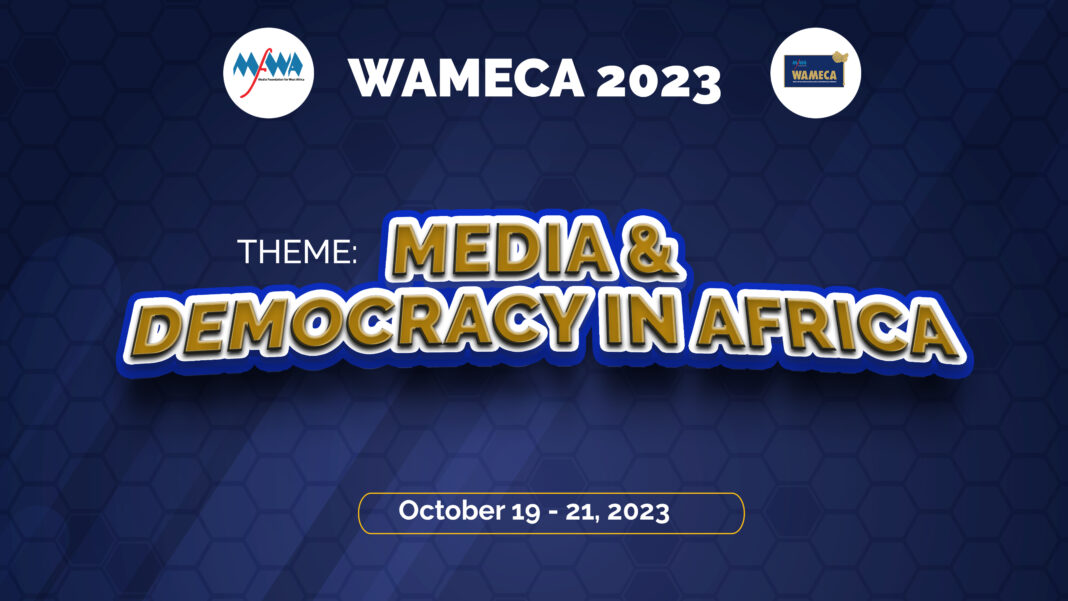In the last few years, democracy in Africa has been in recession. The rollback has been manifested through the alteration of constitutions to change term limits by autocrats, the deliberate politicization of electoral bodies with partisan appointments, and the weaponization of the judiciary for partisan objectives.
Along with these, civic spaces within many African countries have shrunk while the media have come under attacks from governments which have often brandished archaic criminal libel laws as weapons to arrest dissenting journalists.
As part of a new wave of anti-media opportunism, autocratic governments have also leveraged existing broadcast license laws to levy hefty fees on media houses and have attempted to close such media houses down over inability to pay.
Even so, of all of these markings of the democratic recession on the continent, the most disheartening has been a new wave of coup d’états on the continent. In the immediate post-independence era of the 1950s, coups and counter-coups were common in Africa. However, by the early 90s, a new trend of democratisation had started after Benin held elections in 1991 and Ghana followed suit in 1992.
By the early 2000s, the majority of African states were democracies. However, since the 2010s, a new trend of coups has returned. Of the 16 coups recorded globally since 2017, all but one, which happened in Myanmar in 2021, have been in Africa.
While in 2020 only one coup was reported (in Mali), in 2021 there were six coups or attempted coups recorded in Africa. There were successful coups in Chad, Mali, Guinea and Sudan and failed military takeovers in Niger and Sudan in that year. In 2022, there were five attempted coups with two – in Burkina Faso – being successful.
In addition to the new trend of coups, there is also worry about the fact that the current generation of coup leaders in Africa are very young with their ages ranging from 34 to 41. This means these putschists and the military juntas that they lead are likely to stay in power for a long time to the detriment of democratic governance, unless we are able to get them to wean themselves off power and re-initiate democratization.
It is against this background that the Media Foundation for West Africa (MFWA) is dedicating the 2023 edition of the West Africa Media Excellence Conference and Awards (WAMECA) to highlighting and discussing the current trend of democratic recession in Africa.
WAMECA 2023 will thus run on the theme: Media and Democracy in Africa. This being the seventh edition, West Africa’s biggest media event will come off in Ghana’s capital, Accra, from 19 to 21 October, 2023.
“WAMECA 2023 will be the platform to host all key democracy and media stakeholders on the continent and representatives of the regional blocs to discuss and map out strategies, make commitments and garner support and collective efforts in suppressing the rising tendencies of autocracy, unconstitutional governments and the shrinking media and civic space in Africa. There cannot be any other time to do this than now given the recent developments we are observing on the continent,” said Abigail Larbi Odei, the MFWA’s Programme Manager for Media and Good Governance.
WAMECA 2023 is expected to bring together prominent governance and democracy activists, political and development advocates, and media and press freedom stakeholders across Africa. The event will also host representatives of the regional blocs, government officials, members of the diplomatic community, and heads of civil society organisations across the continent.
Over the years, WAMECA has served as a platform where experts in various media, governance and democracy-related fields converge to ponder media development and good governance issues on the continent.
Last year, In 2022, the conference focused on Media and Women Empowerment in Africa. Participants deliberated on how the media on the continent can give women and girls the needed visibility, amplification of their voices, driving women’s participation in governance and showcasing women’s leadership in all fields.
In 2021, guests and participants at the event shared insights on the evolving phenomenon of “Misinformation, Digital Media Regulation and Journalism in Africa”. The theme was necessitated by the growing number of legislation in Africa that tend to strengthen state control over citizens’ use of the internet, online communication outlets, and digital media platforms including social media platforms.
In 2020 when the COVID-19 pandemic turned the world on its head and was distressing an already precarious media ecosystem on the continent, WAMECA focused deliberations on “The Future of Journalism”. In the previous year (2019), WAMECA focused on the theme: “Social Media, Fake News, and Elections in Africa”.
Conference and awards
WAMECA 2023 will open with a conference which will be packaged with panel discussions on topics on this year’s theme. These discussions are expected to put into perspective the current state of democracy on the continent and also throw up actionable solutions that will drive a call to action.
The conference will then be crowned with an awards night where West Africa’s most outstanding journalistic works will be spotlighted and their authors, awarded.
For enquiries, partnership, or participation at the event, please contact us at wameca[@]mfwa.org or call on +233302555327.





